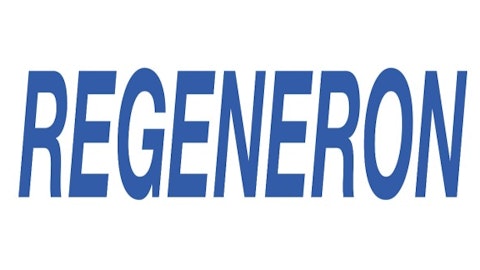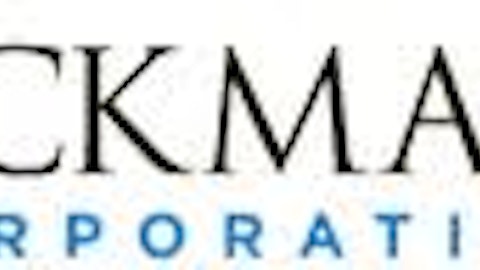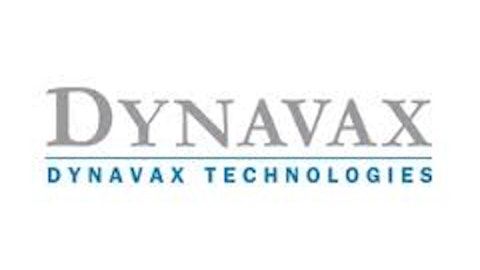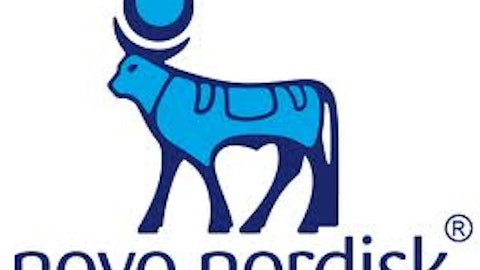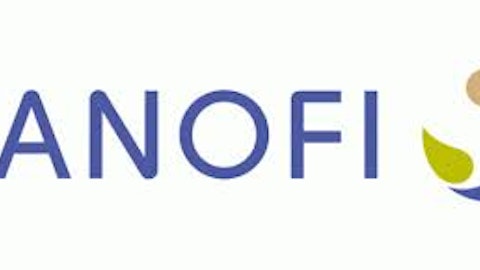Merck & Co., Inc. (NYSE:MRK)‘s blockbuster asthma and allergy treatment Singulair fell off patent last year — wiping more than 60% of revenue off the company’s top line. With another expiration around the bend, the company needs to rely on a small group of growing drugs.
How will Merck recover from the crash of its titan?
Catalyst to watch
Consider this month Singulair’s last hurrah. European protection against generics will lapse and leave Japan as the drug’s last remaining market.
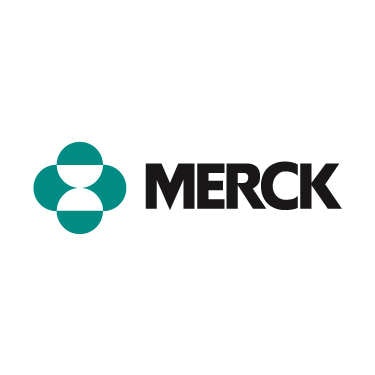
Europe accounted for only about 7% of Singulair’s annual sales in 2011, but the loss will essentially spell the end for Singulair’s earning potential. Patent protection in Japan will stay in place until 2016, but that market’s even smaller than Europe.
Merck can no longer rely on Singulair’s blockbuster status — but the company has some other rising drugs to help patch that hole.
Pharmaceutical spackle
Merck’s fourth quarter showed double-digit growth for the Type 2 diabetes treatments Januvia and Janumet and the HPV vaccine Gardasil.
Januvia and Janumet together brought in nearly $6 billion last year, but Januvia’s the drug achieving Singulair levels of sales. But the drug could run into growing pains. Johnson & Johnson (NYSE:JNJ) pipeline project Invokana beat Januvia in clinical trials and could receive approval in the first quarter.
Gardasil sales rose 35% last year because of patient base growth, as the CDC recommended Gardasil for men in late 2011. Merck’s developing another vaccine called V503 that covers more forms of HPV. If V503 receives approval, the drug could cannibalize Gardasil’s sales.
The approved drugs might help offset Singulair’s loss for the time being, but Merck needs to bring some strong pipeline projects to market. But the pipeline has investors concerned about the company’s future.
Leaky pipes
Merck recently disappointed investors with a delay for osteoporosis hopeful Odanacatib. A late-stage trial had ended early because the drug had already proved effective. But Merck wants to wait out another trial’s results before it pushes for approval, bumping Odanacatib’s timeline back to 2014.
Merck’s pipeline has proved inconsistent as drugs continue to fall out of contention. The latest falter came late last year, when Merck said it wouldn’t seek U.S. approval for promising cholesterol candidate Tredaptive. The drug had proved ineffective and possibly harmful in a late-stage study.
But there are bright spots. My personal pick remains suvorexant for insomnia. Suvorexant offers a better safety profile than previous medications such as Sanofi SA (ADR) (NYSE:SNY)‘s Ambien, which has potentially dangerous side effects such as sleepwalking or even driving in one’s sleep. The side effects prompted the FDA last month to recommend lower doses of any drug containing Ambien’s active ingredient. If patients find Merck’s drug to be effective and safer, suvorexant could slingshot to the front of the market.
Foolish final thoughts
Everyone knew the Singulair patent expiration was coming, but the sales did drop off a bit faster than expected. Merck has several other strong drugs in the product portfolio, and I’ll dive deeper into each candidate later this week. But concerned investors should also watch the pipeline for better signs of life.
The article Merck’s Crash of a Titan originally appeared on Fool.com and is written by Brandy Betz.
Brandy Betz and The Motley Fool have no position in any of the stocks mentioned.
Copyright © 1995 – 2013 The Motley Fool, LLC. All rights reserved. The Motley Fool has a disclosure policy.

